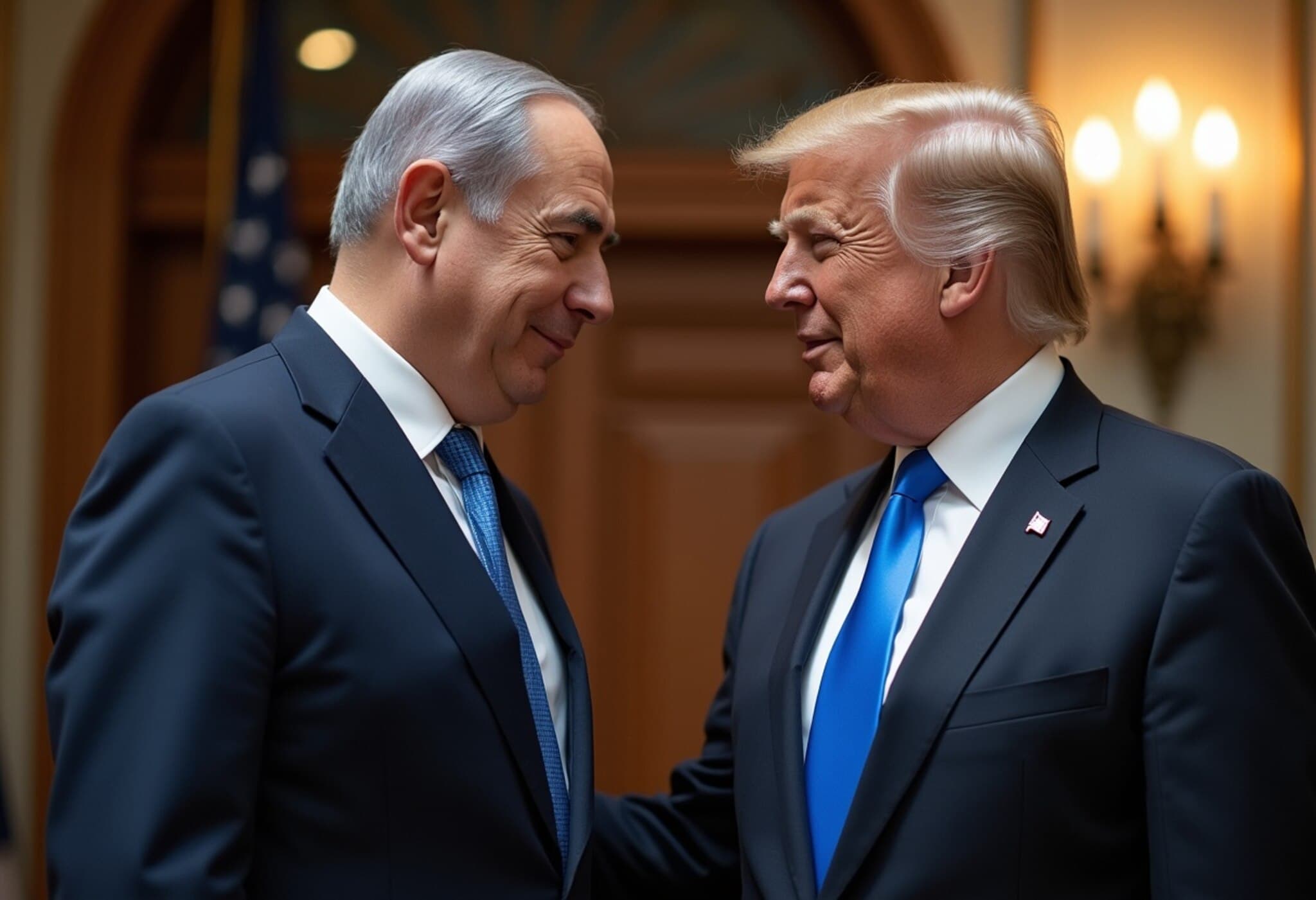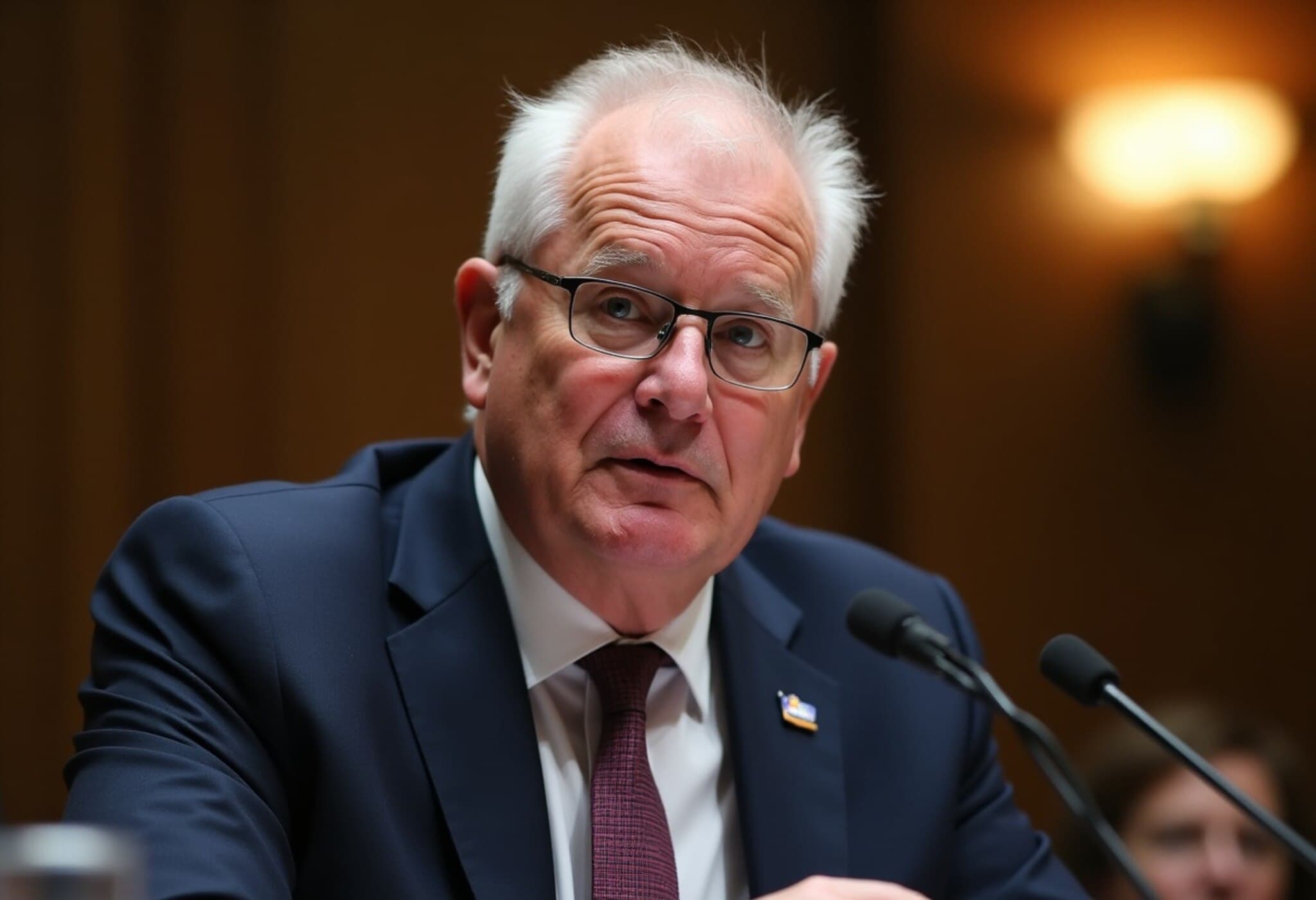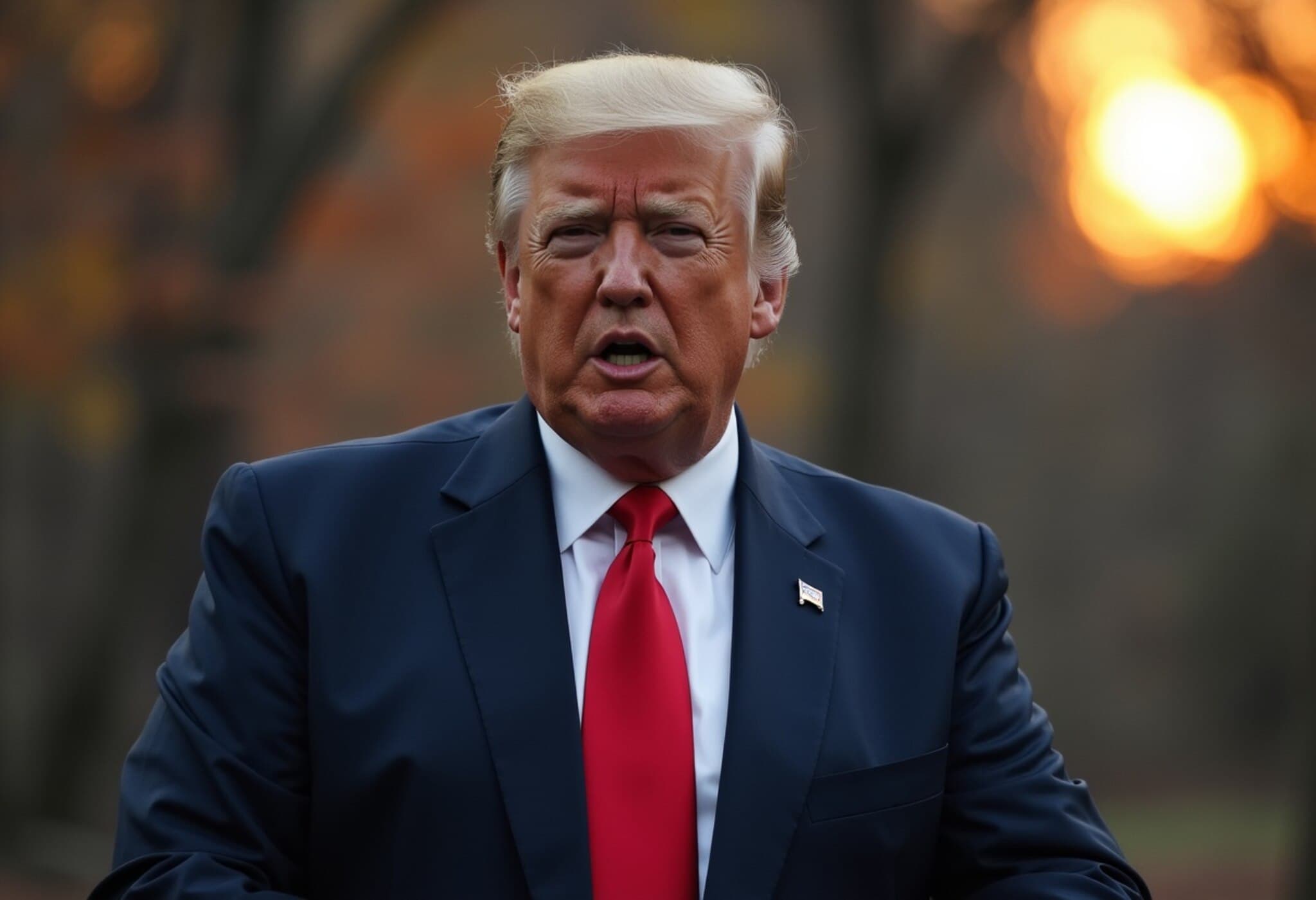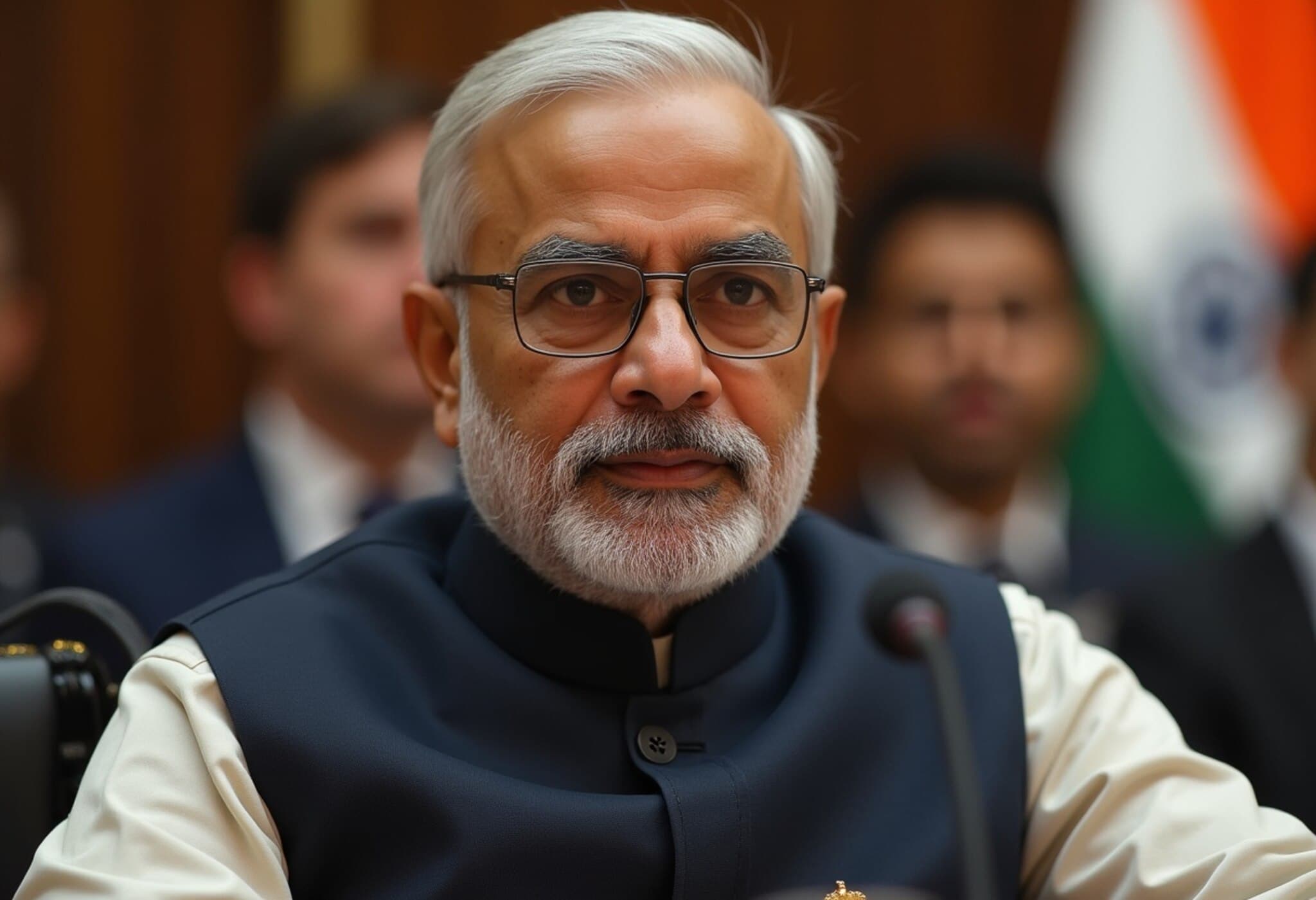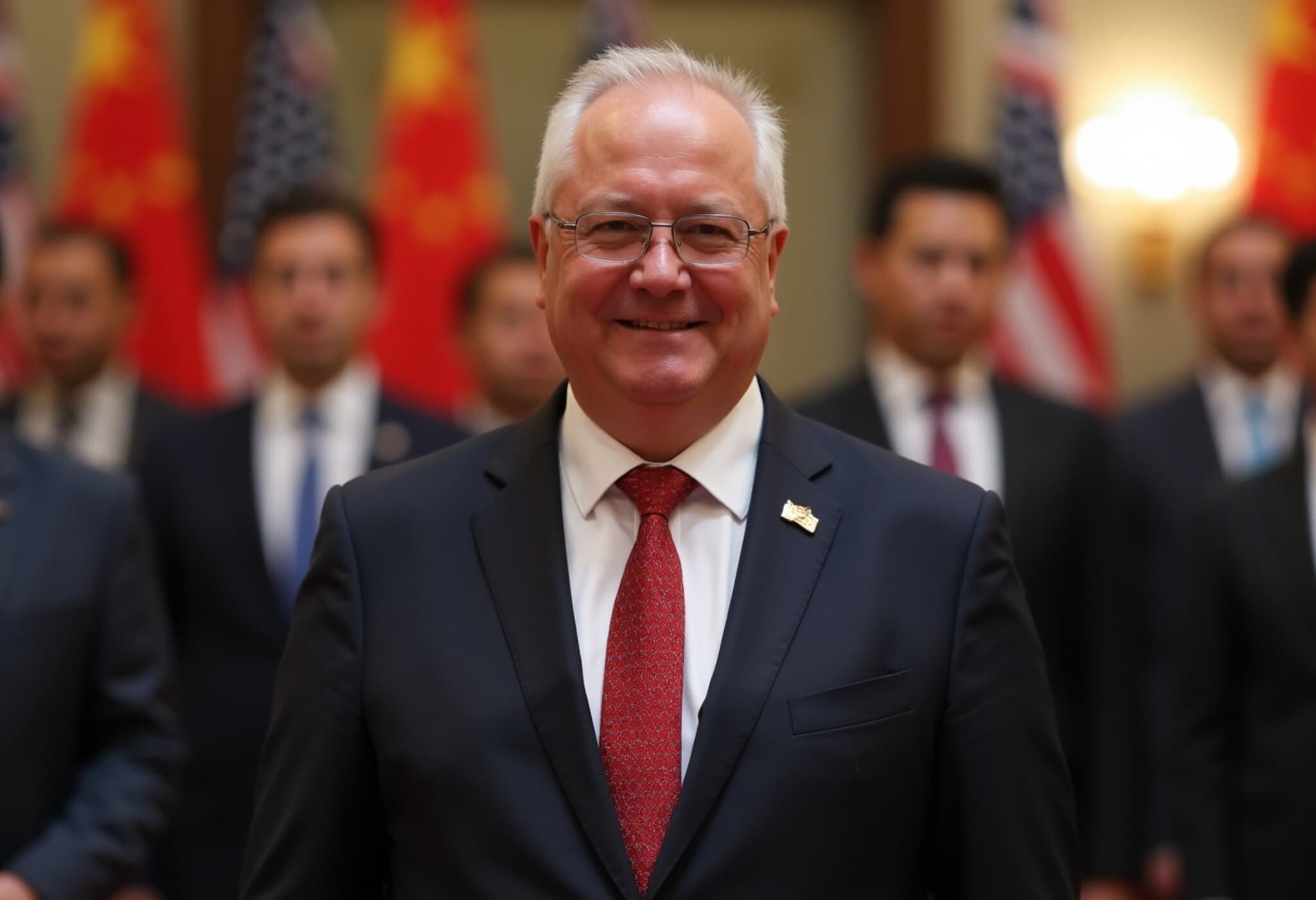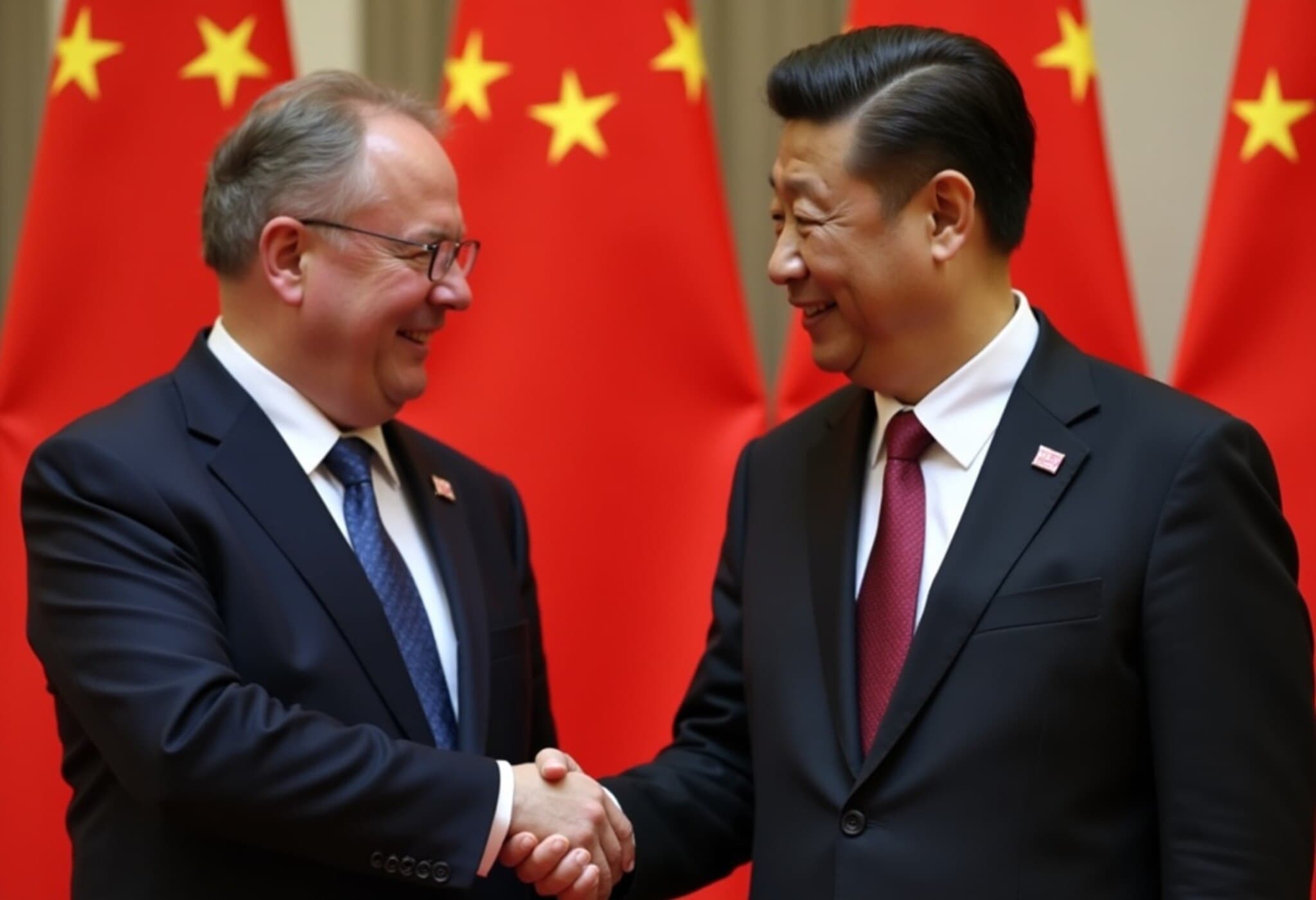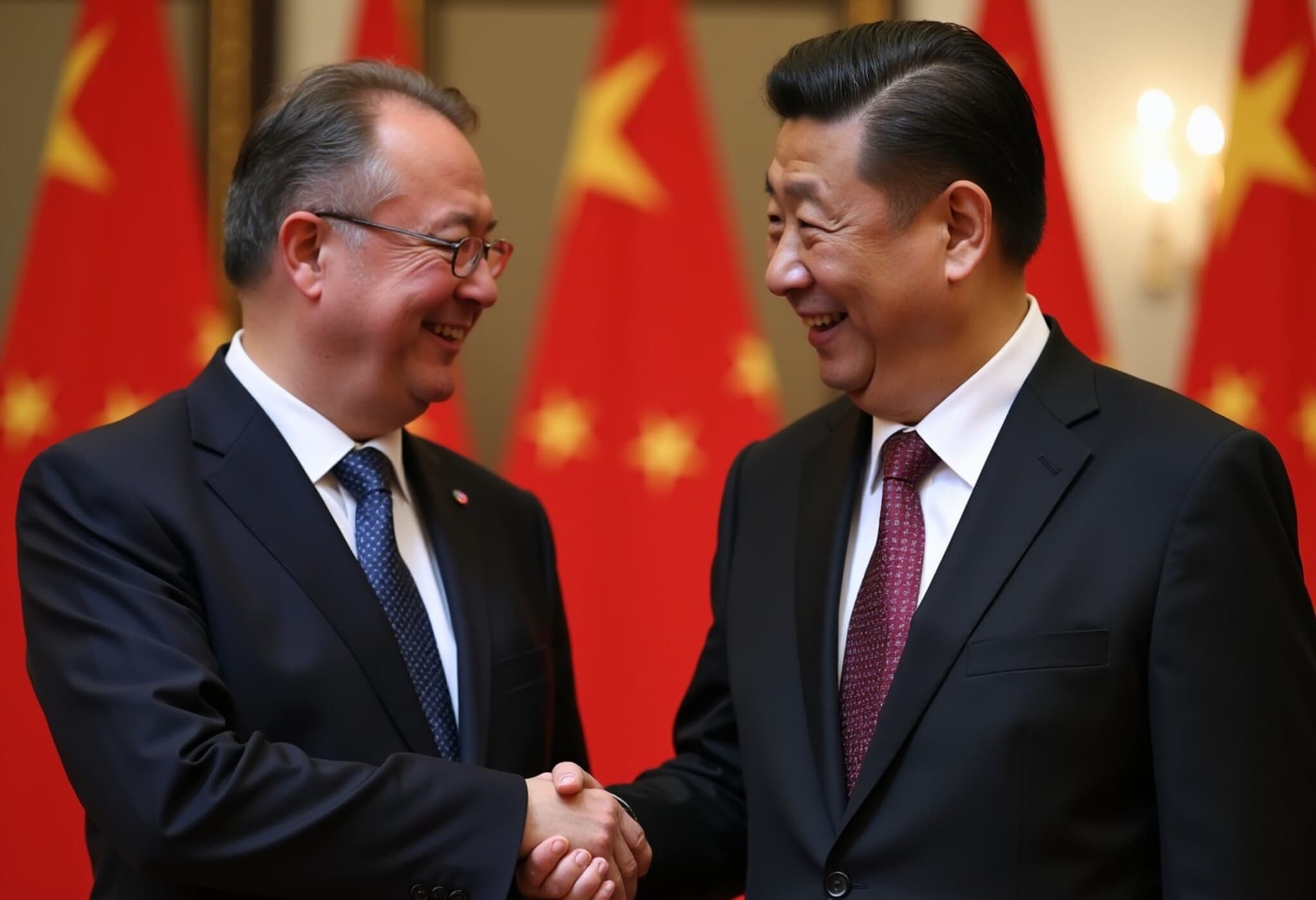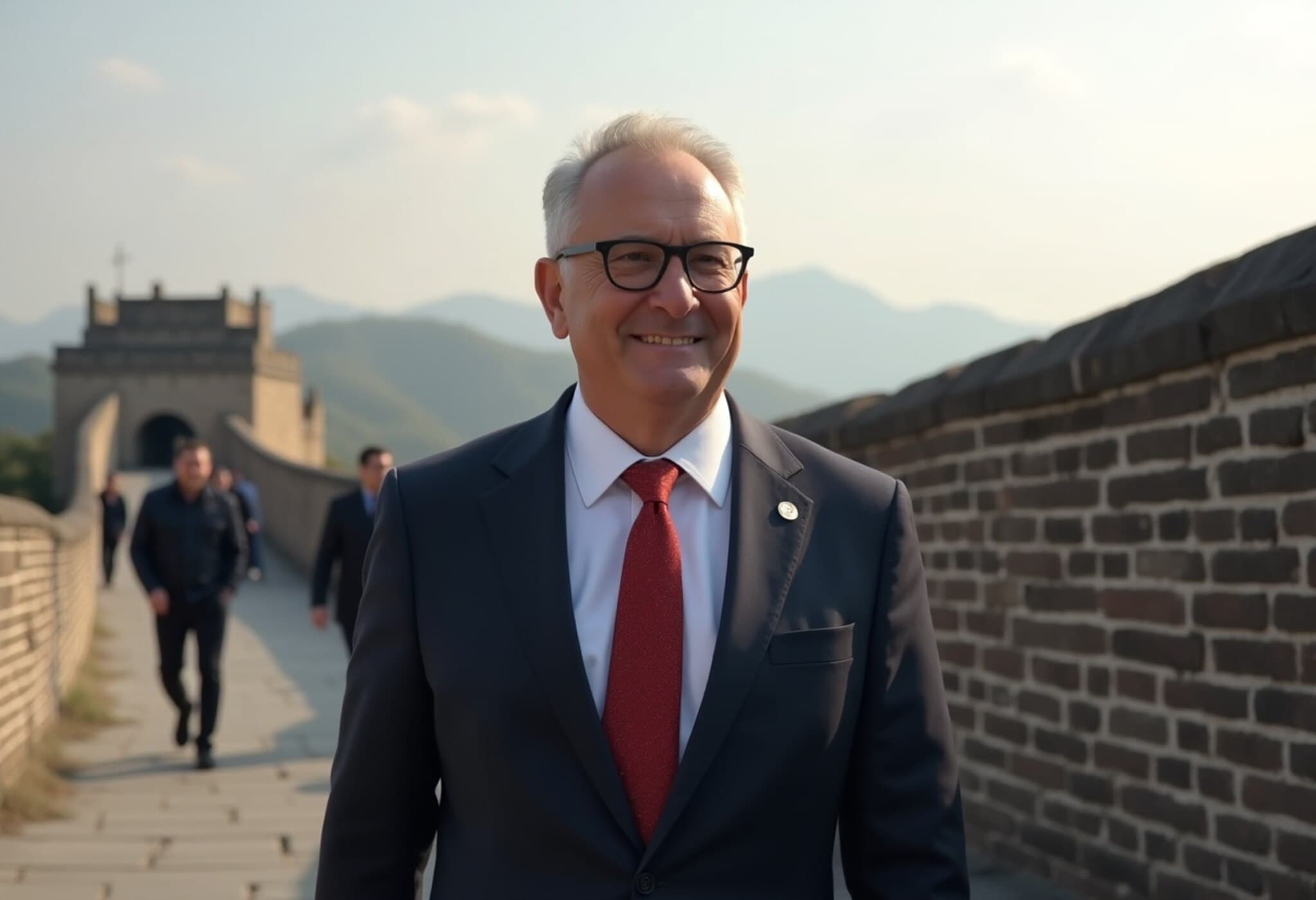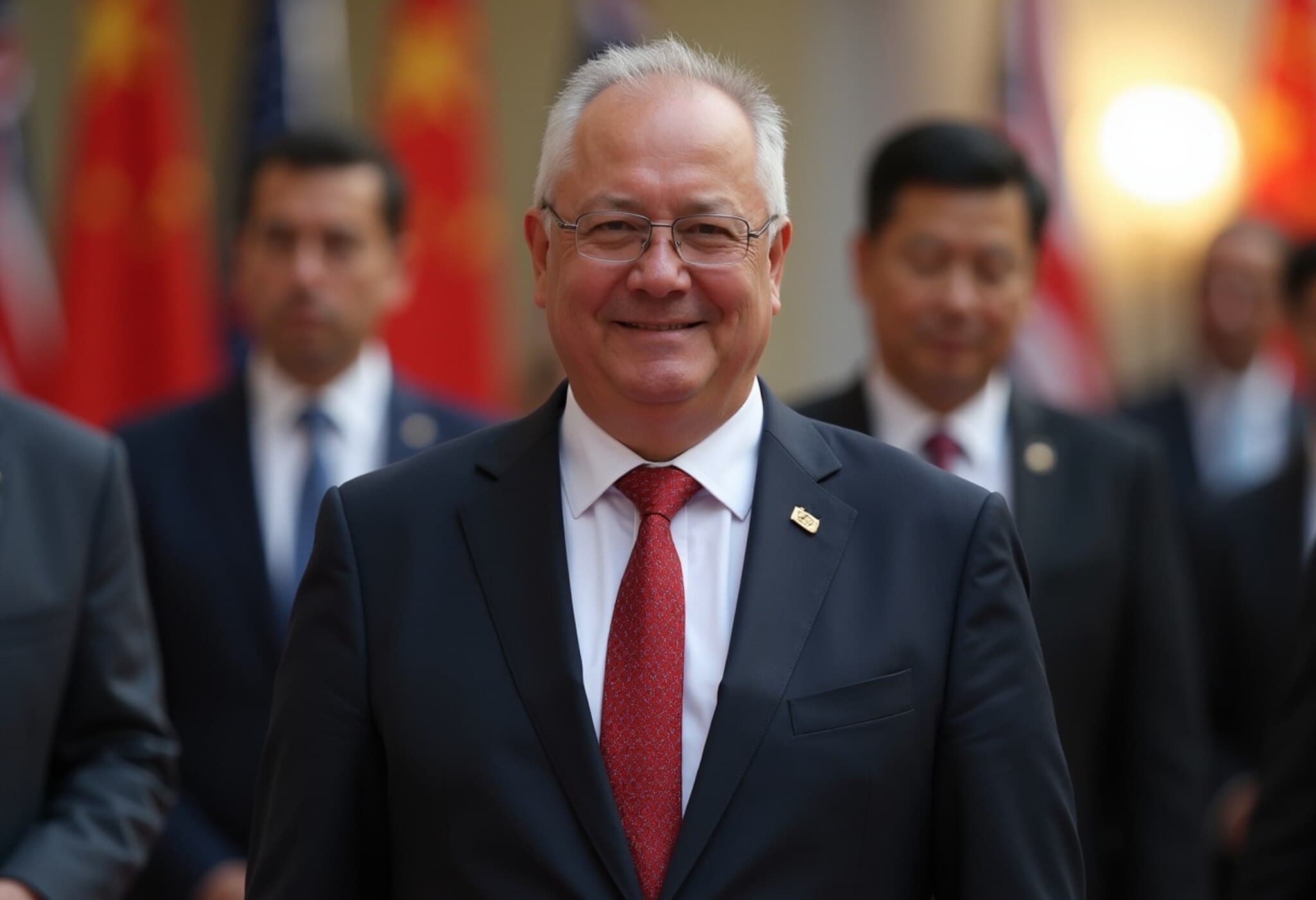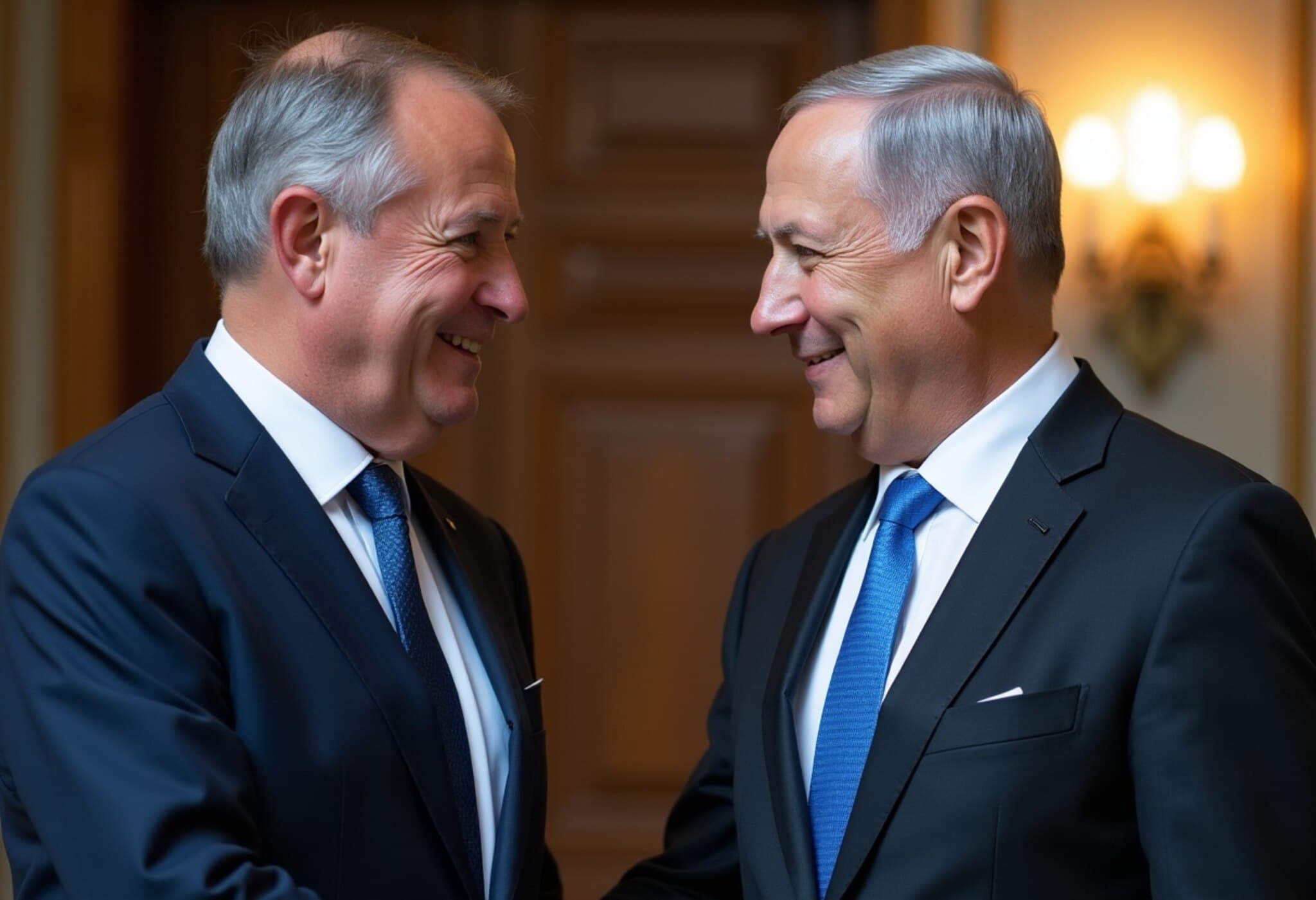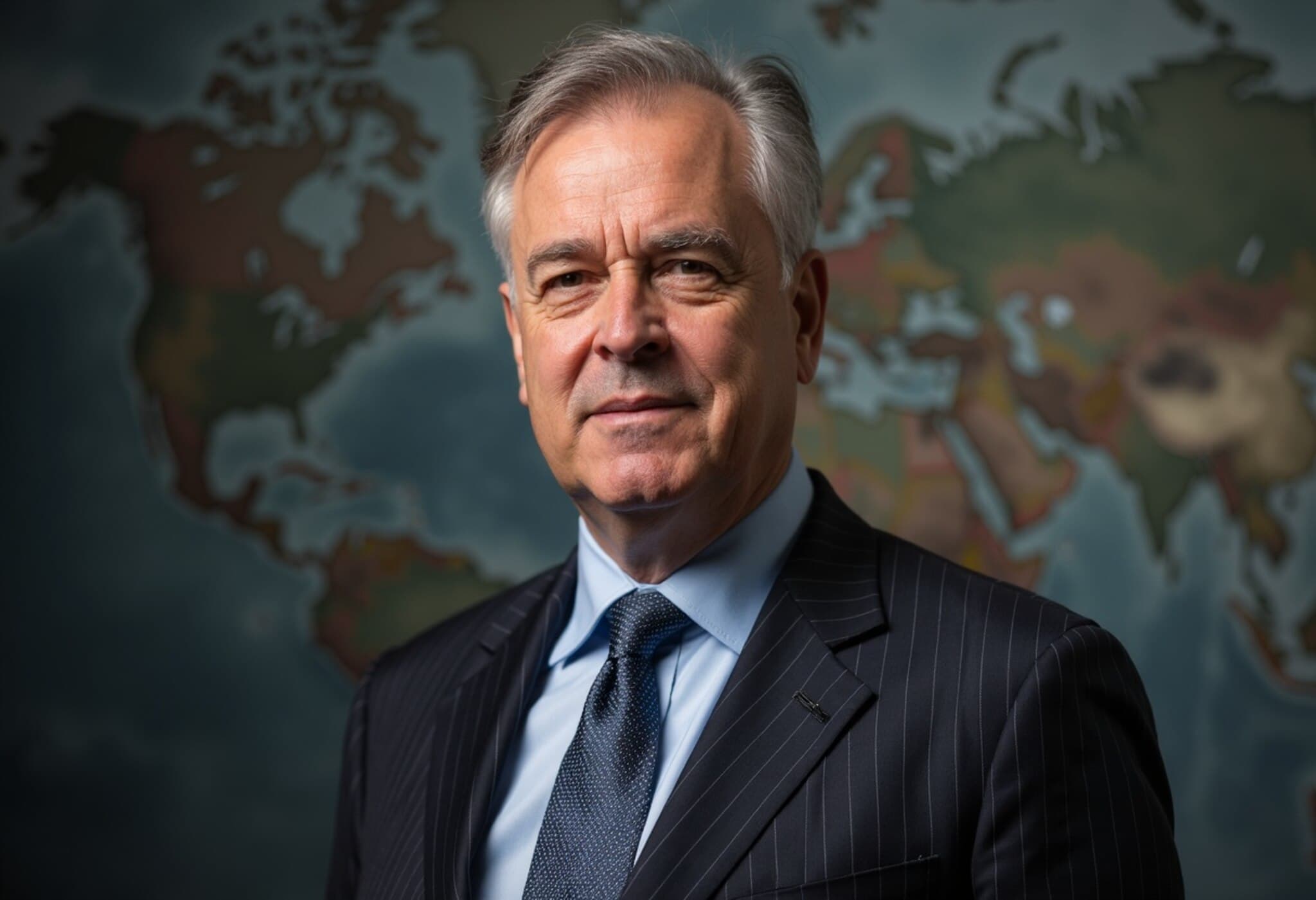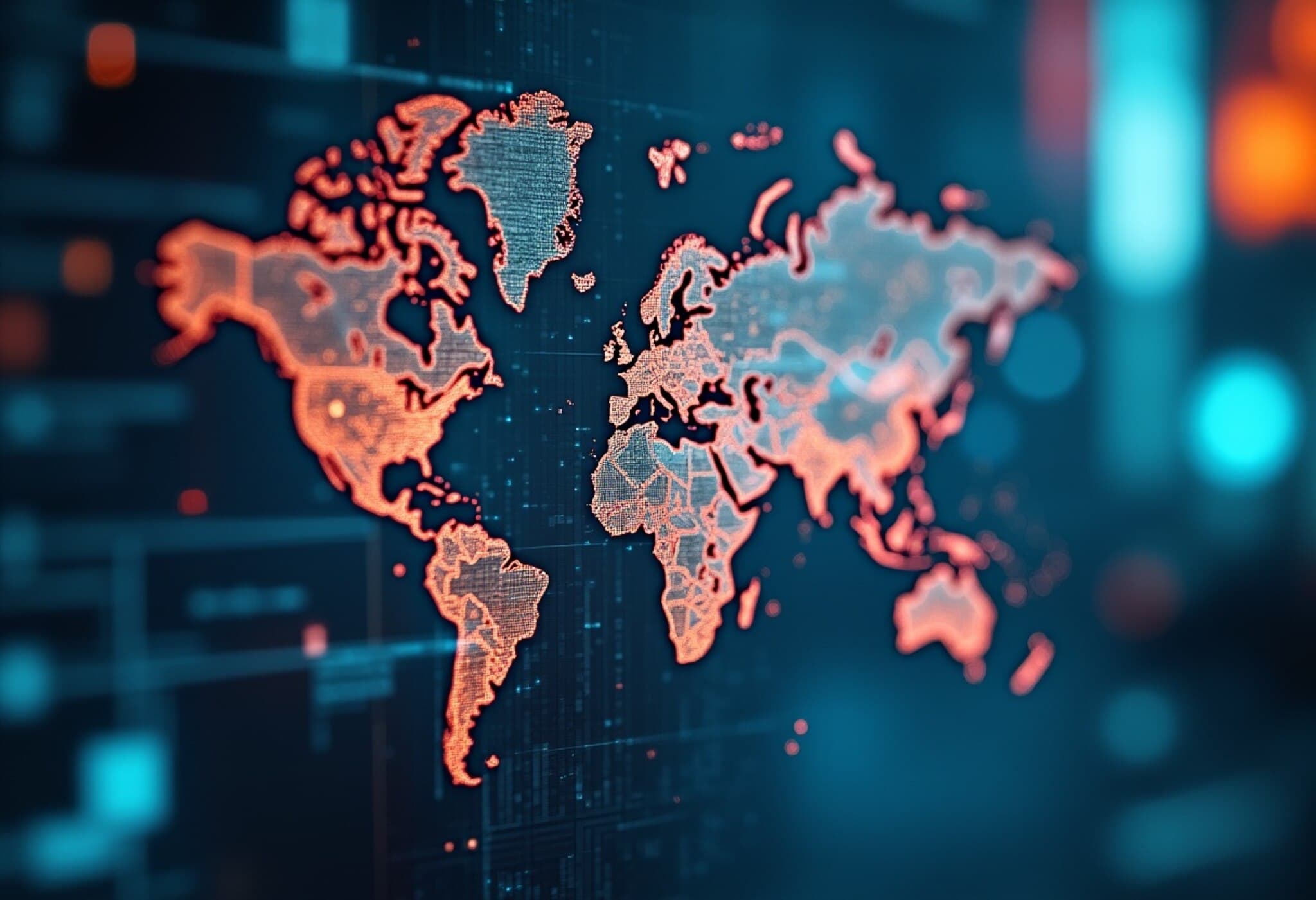Prime Minister Albanese Wraps Up China Visit with Strategic Stop in Chengdu
On the final leg of his pivotal diplomatic mission, Australian Prime Minister Anthony Albanese touched down in the southwestern Chinese city of Chengdu on July 17, 2025. This visit marks the culmination of a week-long journey aimed at strengthening bilateral ties amidst a complex geopolitical climate.
Bridging Economic and Diplomatic Ties
Prime Minister Albanese's trip comes at a critical juncture for Australia-China relations, which have experienced fluctuations due to trade disputes and regional security concerns over recent years. His presence in Chengdu—an economic and technological hub—is symbolic of Australia's intent to diversify and deepen economic engagements beyond the conventional coastal cities.
Experts note that Chengdu’s prominence in sectors like technology, manufacturing, and agriculture presents fresh avenues for Australian exporters, especially in areas such as clean energy, education, and food products. This move aligns with Australia’s broader strategy to foster resilient economic partnerships in the Indo-Pacific region.
Underscoring People-to-People and Cultural Connections
Beyond trade, the Prime Minister's itinerary highlights efforts to enhance cultural exchanges and educational collaborations. These softer diplomatic channels are critical for rebuilding trust and understanding between the two nations, especially as global tensions demand nuanced engagement.
What Lies Ahead for Australia-China Relations?
- Security Concerns: Navigating issues such as South China Sea disputes while maintaining open communication lines.
- Economic Diplomacy: Exploring new trade agreements and joint ventures that can stimulate job growth on both sides.
- Regional Stability: Collaborating on climate change initiatives and pandemic preparedness.
While formal statements from the Prime Minister's office suggest progress, analysts caution that the road ahead requires ongoing dialogue and pragmatic policy choices, particularly given shifting alliances and economic realignments globally.
Expert Insight
Dr. Helen McCarthy, a respected analyst on Asia-Pacific affairs, emphasizes, "Albanese’s engagement in Chengdu signals a subtle but meaningful pivot towards embracing sub-national Chinese cities, which might soften the often rigid narratives tied to Beijing-centric diplomacy. This approach not only opens new economic corridors but also fosters a more granular understanding of China’s internal dynamics."
Editor's Note
As Prime Minister Albanese concludes his China tour, one must consider the broader implications for Australia's foreign policy balance—juggling economic opportunities with strategic caution. The pivot towards cities like Chengdu underscores a sophisticated approach to diplomacy, balancing hard and soft power elements. Observers should watch closely how these engagements translate into tangible outcomes for Australian businesses and regional stability in the months ahead.




